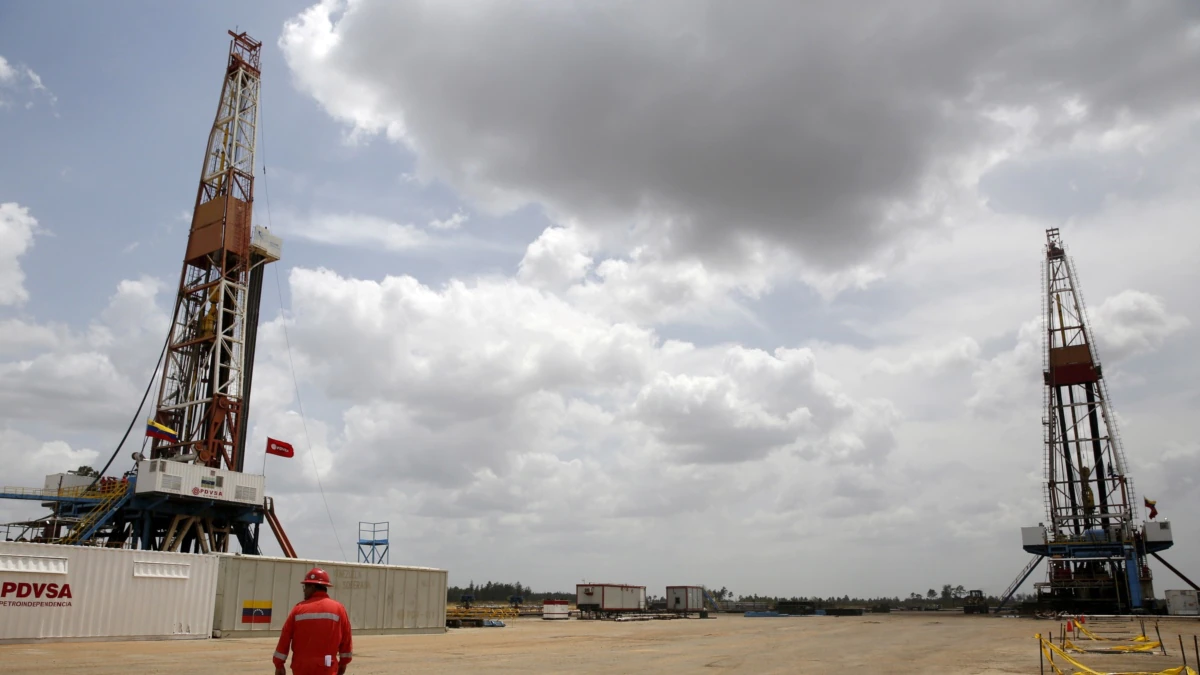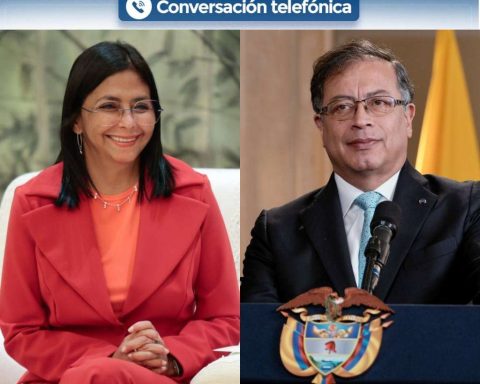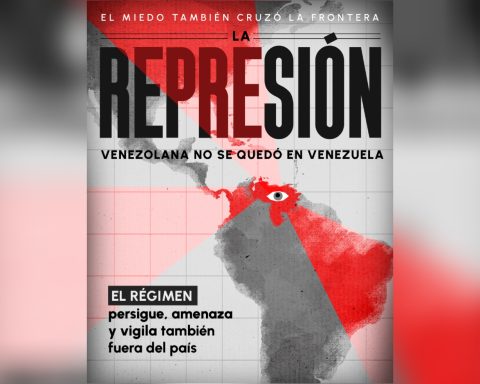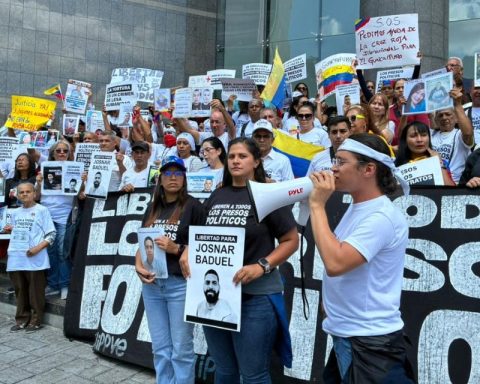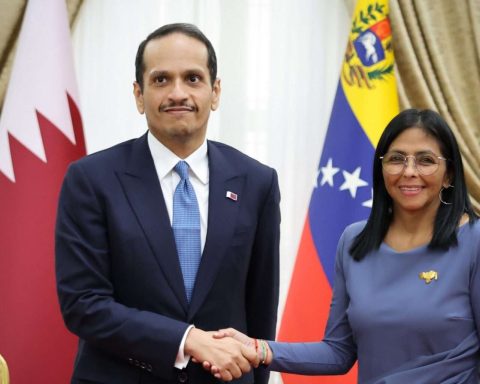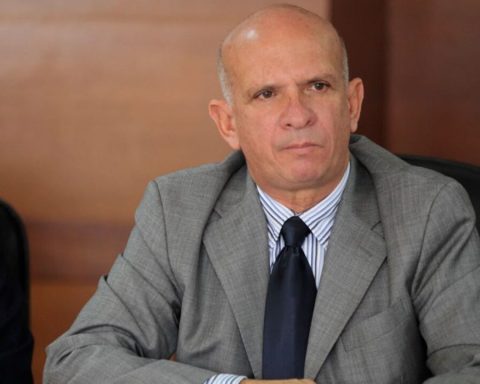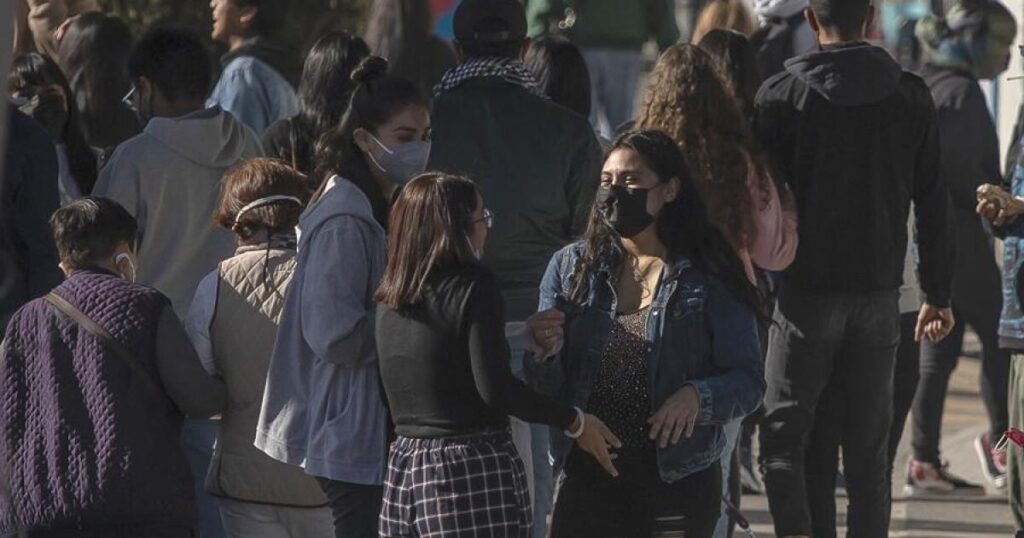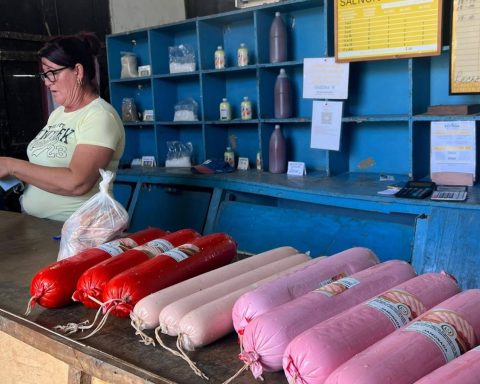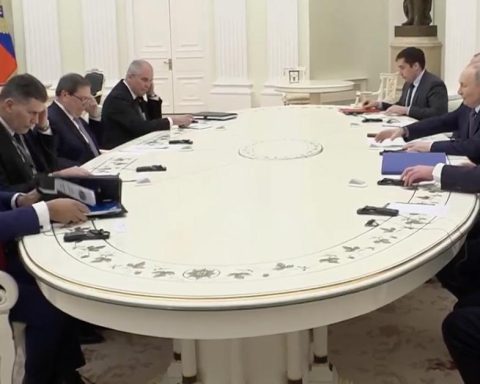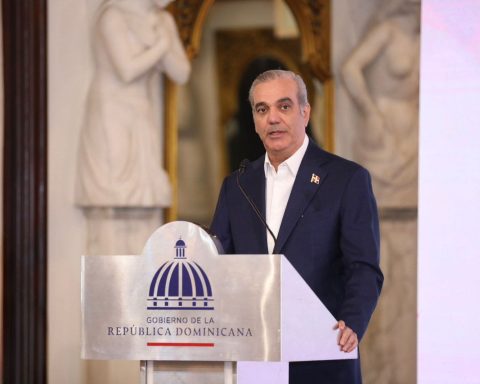Aside from the high level talks between the United States and Venezuela, the South American country’s opposition is pressuring Washington to condition any relaxation of the Venezuelan oil sanctions program on political concessions, three people involved in the matter said, adding new obstacles to oil companies hoping resume operations there.
US diplomats have tried to find energy supplies around the world to replace Russian oil and gas, as buyers steer clear of imports from Russia following its invasion of Ukraine. Earlier this month, US officials met with Venezuelan President Nicolás Maduro in Caracas for the first bilateral talks in years.
The Venezuelan opposition’s request adds to problems temporarily thwarting oil companies’ efforts to gain U.S. approval and gain access to the country’s crude over unpaid debts. If the opposition’s proposal is accepted, any consideration of US imports of Venezuelan oil would come to a halt.
The furor created by the visit by US officials has dampened the hopes of Chevron Corp CVX.N and other energy firms such as Eni SpA ENI.MI and Repsol REP.MC of obtaining US approvals that would help them monetize billions of dollars in outstanding debts through the trade of Venezuelan crude, mainly to the United States.
The stance, put forward in recent meetings between US State Department officials and representatives of opposition leader Juan Guaidó, could weaken a faction in President Joe Biden’s administration that is seeking a bold new policy toward the OPEC member nation. with the largest crude oil reserves in the world.
Washington recognizes Guaidó as the legitimate leader of Venezuela and has called Maduro a dictator after calling his 2018 re-election a farce. The sanctions were intended to pressure Maduro out of power. The visit of US officials to Venezuela in early March took the opposition by surprise, provoking a wave of criticism in the US Congress.
Democratic Senator Bob Menendez urged Biden “not to breathe new life” into what he called Maduro’s “reign of torture and murder” by relaxing oil sanctions.
High price
Guaidó last week called on energy companies operating in Venezuela to adhere to democracy, adding that the relaxation of oil sanctions or the granting of licenses must be progressive and conditional.
“The Biden administration has realized that playing with Venezuelan barrels comes at a high cost,” a source said.
So far, US officials have assured the opposition that no decision has been made on sanctions relief, two of the sources said. Washington wants to see concrete steps from Maduro to restart dialogue with the opposition in Mexico and organize free elections, the three people familiar with the matter added.
An early authorization of U.S. imports of Venezuelan oil could occur if global crude prices return to levels from earlier this month, driving up the cost of U.S. gasoline that the Biden administration closely monitors, one of the experts said. the people consulted.
The US State Department did not immediately respond to the discussions.
In summary
The high-level talks between Maduro and US officials were designed to push him to resume a political dialogue with the opposition that has been suspended since October, and to free imprisoned Americans, according to people familiar with the preparation of the visit.
“No one in Washington has taken responsibility for the idea of wrapping up the discussion of oil licenses with political demands,” another source said after one of the meetings with State Department officials.
Among the opposition’s arguments against the easing of sanctions is the limited effect that Venezuela’s oil – whose production has been reduced to a third in five years due to lack of investment, mismanagement and sanctions – would have on US refineries, in the face of the help they would provide to Maduro who is preparing for new elections.
Some US officials share that view, while others are trying to secure any potential oil source to replace Russian barrels, even at high cost.
“What is the value of the merchandise of freedom?” said a member of Guaidó’s team.
Chevron’s current license, which expires in June, only allows the company to keep its assets in the country intact, delegating all operational decisions to Venezuela’s state oil company PDVSA. The US Treasury Department had begun drafting a license renewal, according to the sources.
But final policy guidance from the State Department has not been received, two of the people said, because the political winds have shifted against any proposal to ease sanctions from Washington.
Connect with the Voice of America! Subscribe to our channel Youtube and turn on notifications, or follow us on social media: Facebook, Twitter and Instagram.
